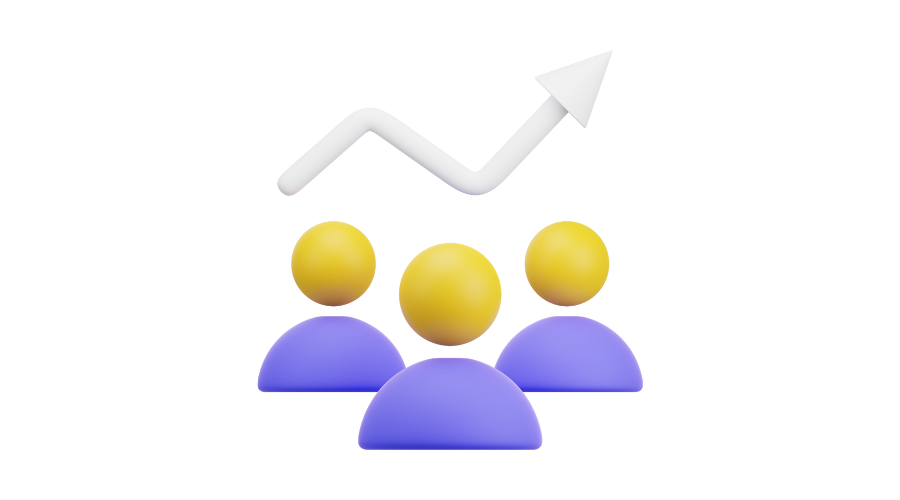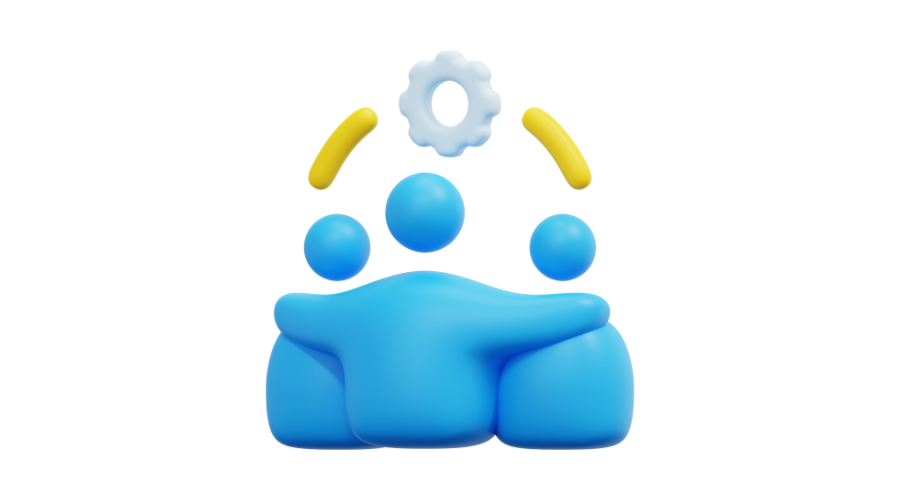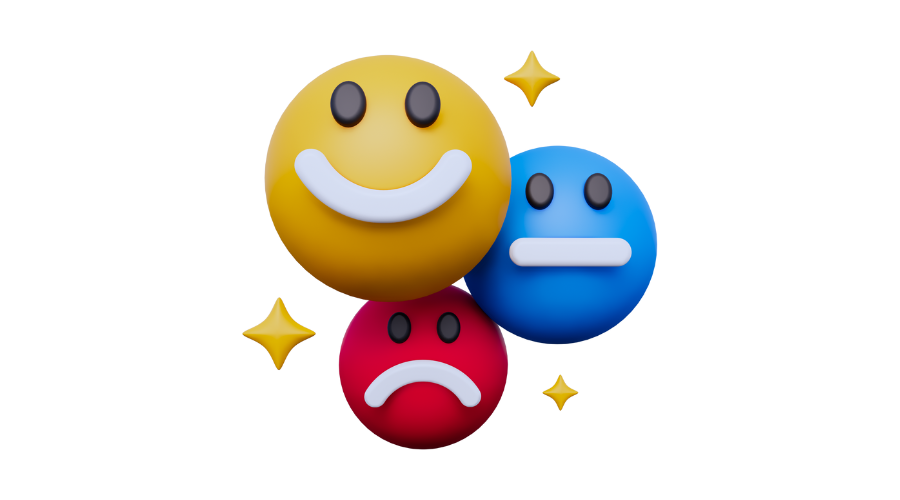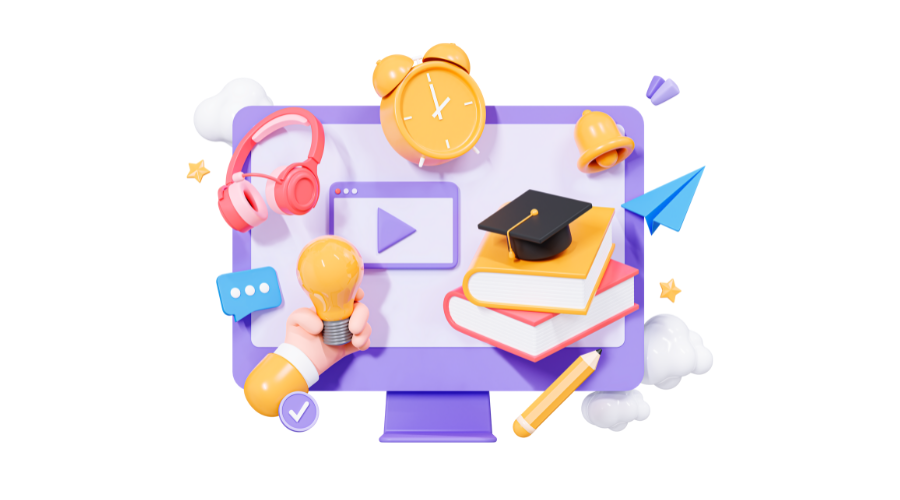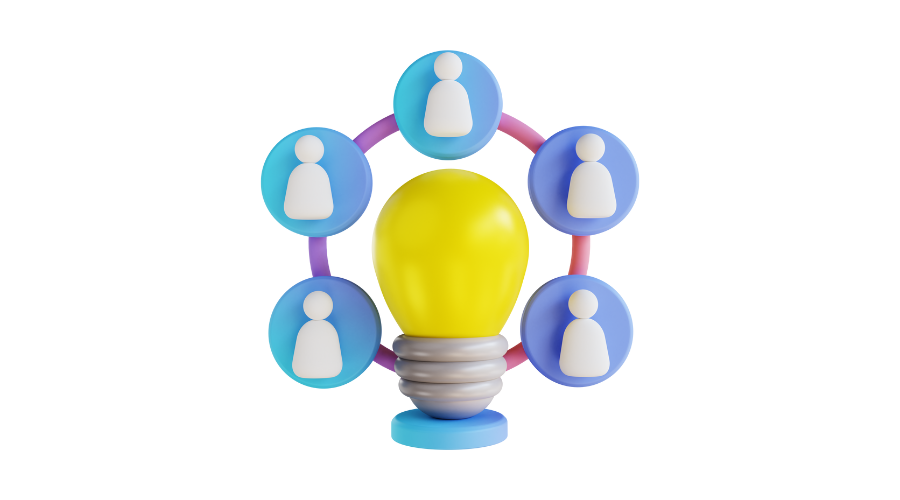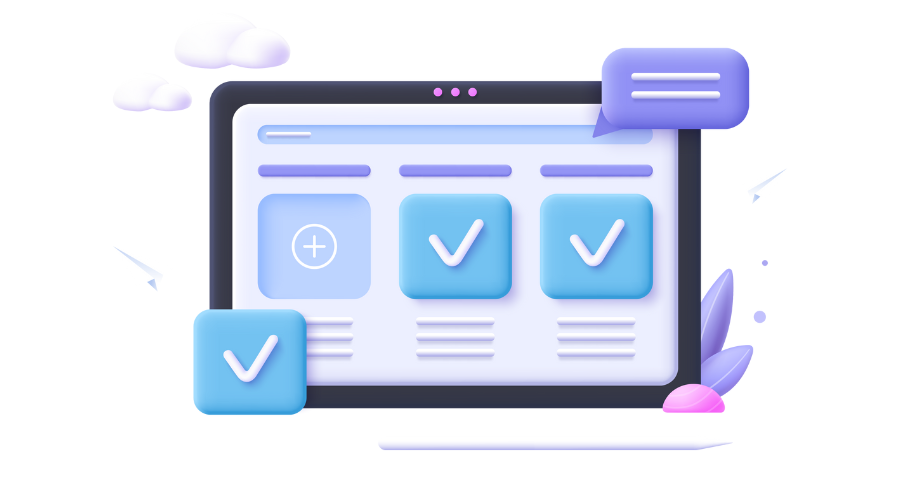In the fast-paced, evolving landscape of today’s world, continuous learning and improvement has become a critical component of success for organizations. Business leaders can no longer afford to view these processes as mere journeys with fixed destinations; they are dynamic experiences that require adaptability, commitment, and a growth mindset. As project leaders in our respective organizations and project teams, it is our responsibility to guide our teams through this ongoing process of growth and development.
A culture of continuous learning and improvement is one where members of an organization and project team review their progress, observe key learnings or success or failures and make the necessary changes to improve. It is a culture where embracing change, trying new things, and being open and transparent about both successes and failures is encouraged
To help guide our project teams, here are 8 tips that are recommended for organizations to have to support a team in its experience to build a continuous learning and improvement culture:
1. Embrace the Growth Mindset
A mindset is the mental lens through which we view the world around us. The first step in guiding your project team on an experience of continuous learning and improvement is to instill a growth mindset. Scaled Agile defines a growth mindset as, “Encouraging your team members to see challenges as opportunities for growth, to embrace failure as a stepping stone to success, and to believe in their capacity to learn and improve continuously. When your team understands that their abilities are not fixed but can be developed through dedication and hard work, they will be more willing to engage in continuous learning”. Without having the right mindset and leaders leading by example, organizations and project teams will not be set-up for a successful experience.
2. Cultivate a Learning Culture
Creating a culture of continuous learning is essential to fostering an environment where improvement thrives. Encourage your team to share knowledge and experiences, provide opportunities for skill development, and support lifelong learning. These learning opportunities do not need to be complicated, expensive or time consuming. In this information age that we live in, there are many free and accessible resources on the internet (blogs, webinars, etc.) for teams to leverage. To help ensure that a learning culture is being built in their organization project leaders should make it clear that the organization values learning, not just for the sake of performance metrics but as a fundamental part of personal and professional growth for both individuals and teams.
3. Set Clear Goals

Goals are very important for helping to build a culture of improvement and learning. Goals act as signposts that can help guide a team in their experience of continuous improvement. They provide your team with a sense of direction and purpose if goals are clearly defined and understood by the team. Ensure that your project team’s goals are SMART (Specific, Measurable, Achievable, Relevant, and Time-bound) to give them focus and clarity. Regularly revisit these goals to assess progress and make necessary adjustments. For example, a SMART goal that an organization may want to set is to host a minimum of three (3) lunch & learn knowledge-sharing sessions within each quarter.
4. Foster Open Communication
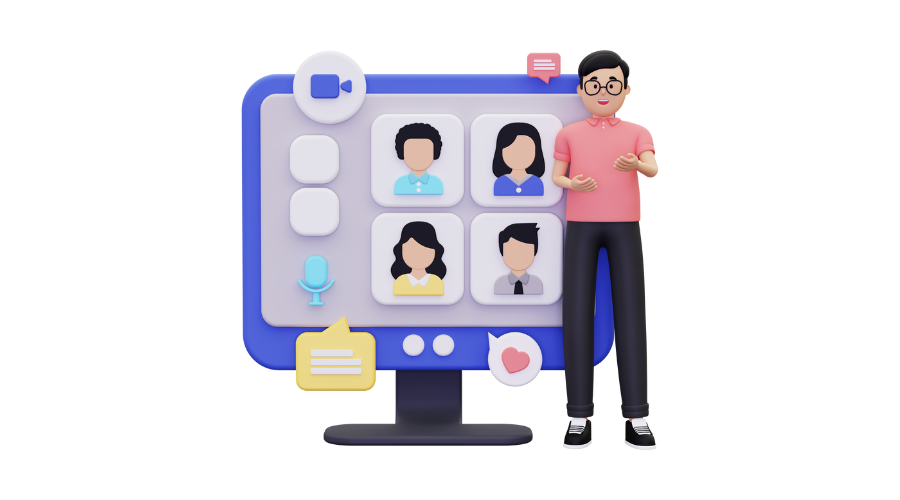
Effective communication is the backbone of any successful learning experience. Encourage open and honest discussions within your project team. Create a safe space where team members can ask questions, seek feedback, and share their thoughts and ideas without fear of judgment or criticism. Giving and receiving constructive feedback is a valuable tool for improvement, and open communication channels facilitate its exchange.
5. Encourage Self-Reflection
Promoting self-reflection as a means of personal and professional growth is required for creating a culture of contentious learning and improvement. Encourage your project team to regularly assess their strengths and weaknesses, identify areas for improvement, and set action plans for development. Conducting activities like a retrospective or lesson learned session can help teams share what they think was good, not good and identify areas of improvement from a project. Tools like NimbleRetro can help teams reflect on an individual and team level to help a team learn and improve. Self-awareness is a powerful tool that enables individuals to take ownership of their learning journey and helps teams craft tangible actions that can lead to improvement.
6. Provide Resources and Support
Organizations need to invest in their project team’s continuous learning by providing access to resources such as training programs, workshops, books, and mentors. Ensure that your team has the tools they need to succeed and be open to accommodating their learning needs. These tools should be easy to use and accessible to all within the organization. Offering support and guidance demonstrates your commitment to their growth. Without providing sufficient resources and support, efforts to create a learning and continuous improvement culture may come off as not important and insincere by members of the organization.
7. Celebrate Progress and Accomplishments
Recognition and celebration are important aspects of the continuous learning and improvement experience. Teams should acknowledge and celebrate achievements, both big and small. Recognizing your team’s efforts and accomplishments reinforces their commitment to improvement and motivates them to continue their learning journey.
8. Embrace Change
In a world characterized by rapid change and innovation, adaptability for organizations and project teams is crucial. Encourage your team to embrace change as an opportunity for growth, rather than as a disruption. Encourage them to stay current with market & industry trends and technology advancements. Likewise, offer your support for their efforts to adapt and evolve.
To Summarize:
Continuous learning and improvement are not items on a list to be simply checked off; they are lifelong experiences that demand commitment, adaptability, and a growth mindset. As leaders within our organizations and project teams, our role is to guide our teams through this experience. Leaders can help by fostering a culture of learning, setting clear goals, providing resources and support, and celebrating progress along the way. By viewing learning and improvement as experiences rather than journeys, we empower our teams to thrive in an ever-changing world, driving personal and organizational success. Check out the webinar where we discuss more in-depth on this topic.


